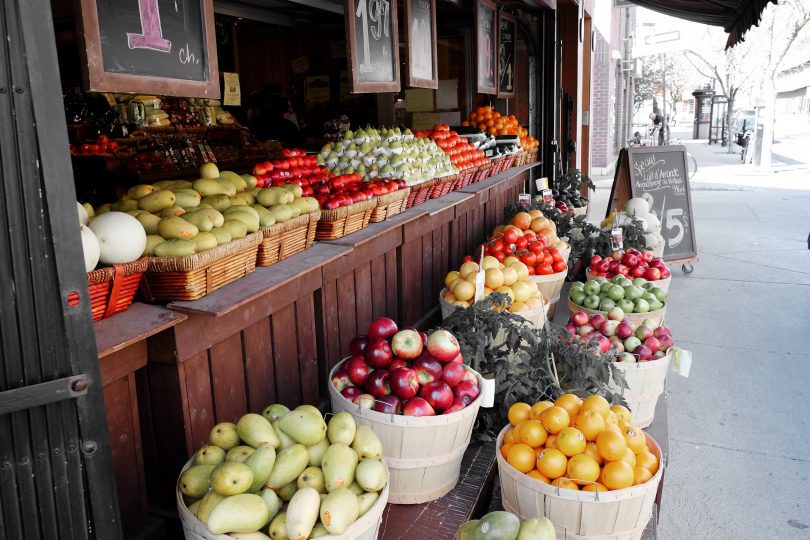By Chanel Zagon and Julia Hoffner
Aussies are obsessed with meat. Sizzling sausages on the BBQ, the iconic ‘shrimp on the barbie’ on Australia Day, meat pies, sausage rolls and a hotdog footy lunch on game day – all are enshrined in our Aussie culture and heritage. We are one of the world’s largest meat-loving munchers and the mantra of ‘We farm it, kill it and serve it up for Sunday roast’ is a part of our legacy.
However, new research shows that our BBQ-smoking days could be waning due to the rise of veganism, a philosophy of living in which the practitioner rejects all animal-based foods and products.
According to Google Trends, Australia is the number one country in the world interested in veganism, ahead of the US and Canada.

Many more Australians are increasingly sprinting towards plant power and athletes are leading the race, claiming a vegan diet boasts a healthier lifestyle.
Australian Olympian sprinter Morgan Mitchell decided to make the switch to a vegan lifestyle about two years ago after watching a documentary on the meat industry. Fast-forward to now, Morgan has lived her Olympic dream, thriving on nothing but plant-based foods.
“There is no way I can literally put an animal’s life before my career,” she says.
“It’s been amazing so far, I really haven’t looked back.”

Source: https://www.instagram.com/morganmitch/
The 400-metre sprinter competed in the Rio Olympics this year and qualified for the semi-finals at the 2014 Glasgow Commonwealth Games.
She is currently training for the World Championships in Athletics, scheduled for 2017 in London.
Following an intense training routine which requires the athlete to exercise several hours each day, getting the right amount of nutrients to fuel her body is vital to continue her Olympic career.
While she has encountered speculation and criticism over her plant-based diet, Morgan says she has never felt more energised.
“My recovery is a lot better, I feel mentally aware and more positive about everything,” she says.
“Being an athlete I obviously get criticised a fair bit for it, but I finished my season undefeated.
“I was obviously beating the girls who weren’t vegan and I guess I proved them wrong that you can be an Olympian athlete and still maintain a vegan diet.”
For breakfast, the sprinter has dark rye bread with peanut butter, maple syrup and banana, and indulges in a freshly blended fruit smoothie.
At lunch she enjoys tofu salads; dinner is usually a bean, rice or tofu burrito, or a vegan pizza.
“It’s not actually the hardest diet in the world,” she says.
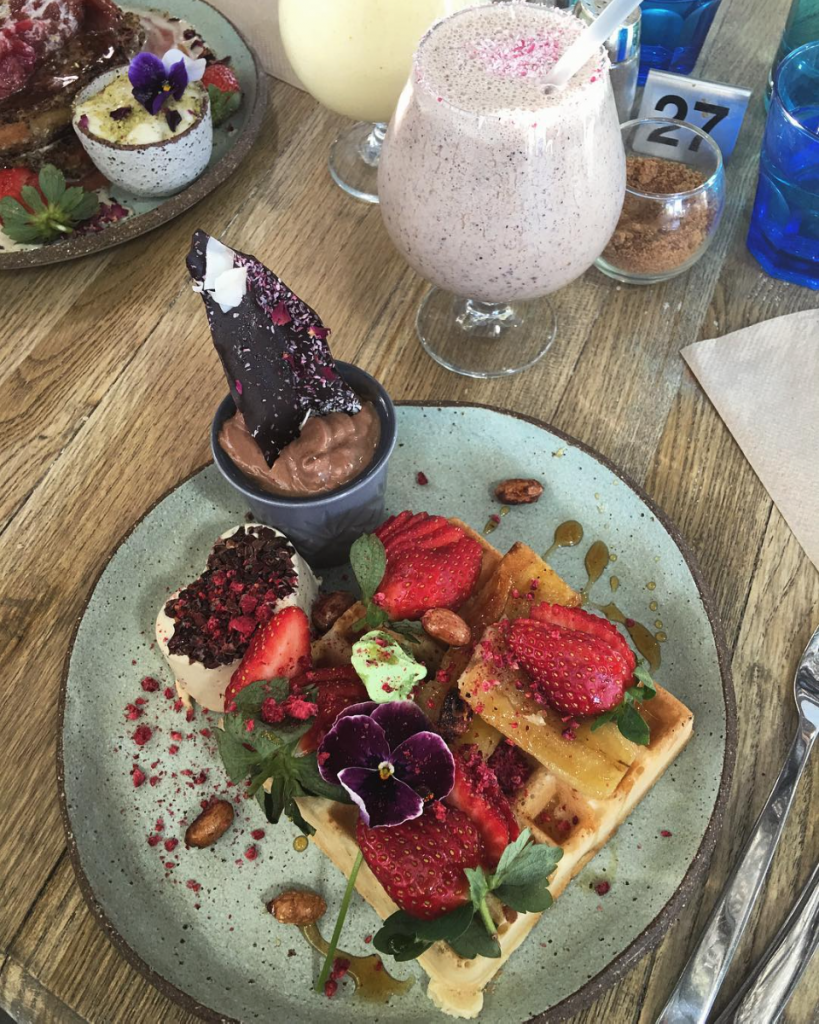
Source: https://www.instagram.com/morganmitch/
Morgan does admit it was difficult to maintain at first. Before getting advice from a dietician she found it challenging to eat the right foods to give her optimal nutrients.
“I found that I wasn’t eating enough at the start. I kept falling back on heavy carbs like breads and potato chips because I couldn’t be bothered and that was hindering my performance,” she says.
Despite the diet’s ethics and increasing interest in it among Australians, data suggests a large majority of the population still opts to eat meat and animal products.
Figures from the Organisation for Economic Co-operation and Development and UN Food and Agriculture Organisation show that Australia is the meat-eating capital of the world.
[infogram id=”37d1a1e4-ac80-413a-91ff-3f0b065c40c5″ prefix=”xKj” format=”interactive” title=”Vegan 3″]The Aussie BBQ-loving, carnivore culture is very much still alive. Research shows that, for the first time since 1982, Australians devoured 90.21kg of meat per person in 2014 – 170 grams more than the US.
[infogram id=”23fb094e-23bc-41fa-a1b0-0cf496969077″ prefix=”XIV” format=”interactive” title=”vegan 1 “]However, consumption of red meat has declined as the population eats half the amount of lamb and two-thirds the amount of beef. In turn, we are eating more than twice the amount of chicken and pork.
[infogram id=”a1d708b9-71fc-41cf-bc8b-9f3d5124a445″ prefix=”7AP” format=”interactive” title=”Vegan 2″]Aussies may still be voracious meat-eaters, but vegan activist and personal trainer James Aspey is inspiring people to go vegan.
Awarded 2015 Vegan of the Year, with over 52,000 likes on social media, the activist has dedicated his life to raising awareness for animal cruelty.
Currently James is preparing for tattoo challenge Think 24, where alongside three tattooists and three others, he will endure as many hours of animal rights tattooing possible in a 24-hour period.
The vegan activist is most well known for undertaking a 365-day vow of silence. On New Year’s Eve, as the celebratory countdown began and the clock struck midnight, ticking into the year 2014, James became voiceless for a year.
He spoke for the first time a year later, on Channel 7’s breakfast television show Sunrise.
“It was a really effective way to raise awareness for the animals, and when I spoke for the first time and that interview went viral and was seen by millions of people – it just made it all worth it,” he shares.
“Animals can scream, cry and plead with their eyes and show us that they’re terrified, but they don’t have a voice that we can actually listen to and that’s how I felt.”
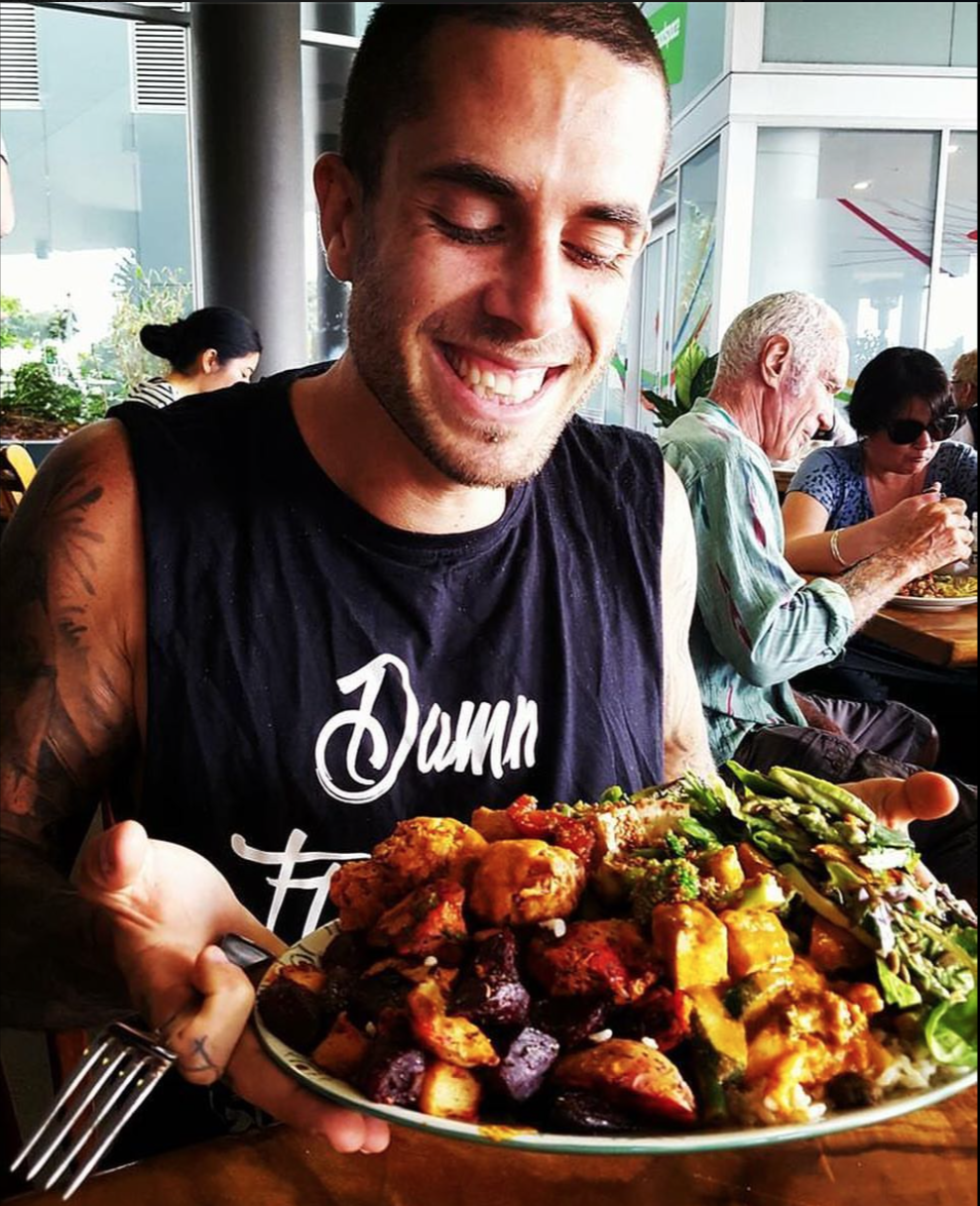
Source: https://www.facebook.com/jamesaspeyactivism/
Throughout the year, James communicated with hand signals, gestures and occasionally wrote things down. His body, covered in animal rights tattoos, also assisted him with communication.
The activist’s decision to become vegan arose from a series of life-changing events, including beating cancer and overcoming a severe drug addiction.
Since adopting a plant-based diet, James encourages others to follow his footsteps and take a stand against the meat industry.
“People really believe that they need to eat animals to be healthy, they truly believe that there’s a humane way to slit an animal’s throat,” he says.
“There are still so many people that don’t take their screams and cries seriously simply because they are covered in feathers, scales and wings or fur, instead of human skin like we’ve got.”
Regardless if you are an omnivore, vegetarian, vegan or anything in between – the word “slaughterhouse” is very much cringeworthy.
However, New South Wales cattle farmer Richard Lyons believes the meat industry will continue to prosper and Aussies will continue to chow down meat, despite animals being killed.
“I feel it’s a natural order in the animal chain that we should eat meat,” he says.
“There’s nothing to feel guilty about.
I know [my cows] are not going to be around for a long time and they’re gonna end up on people’s plates … I mean it’s just how the world works.”
The food chain – colloquially described along the lines of shark eats big fish, big fish eats little fish and little fish eats krill.
The shark, as our Aussie culture ensues, ends up on our dinner table for Friday night fish ‘n’ chips – battered or grilled.
“We can’t claim to be a part of a circle of life; we’re not lions, lions kill for need and humans kill for greed,” James says.
“You’re not going to stop killing animals because you enjoy the taste too much, that’s the best excuse people have got.”
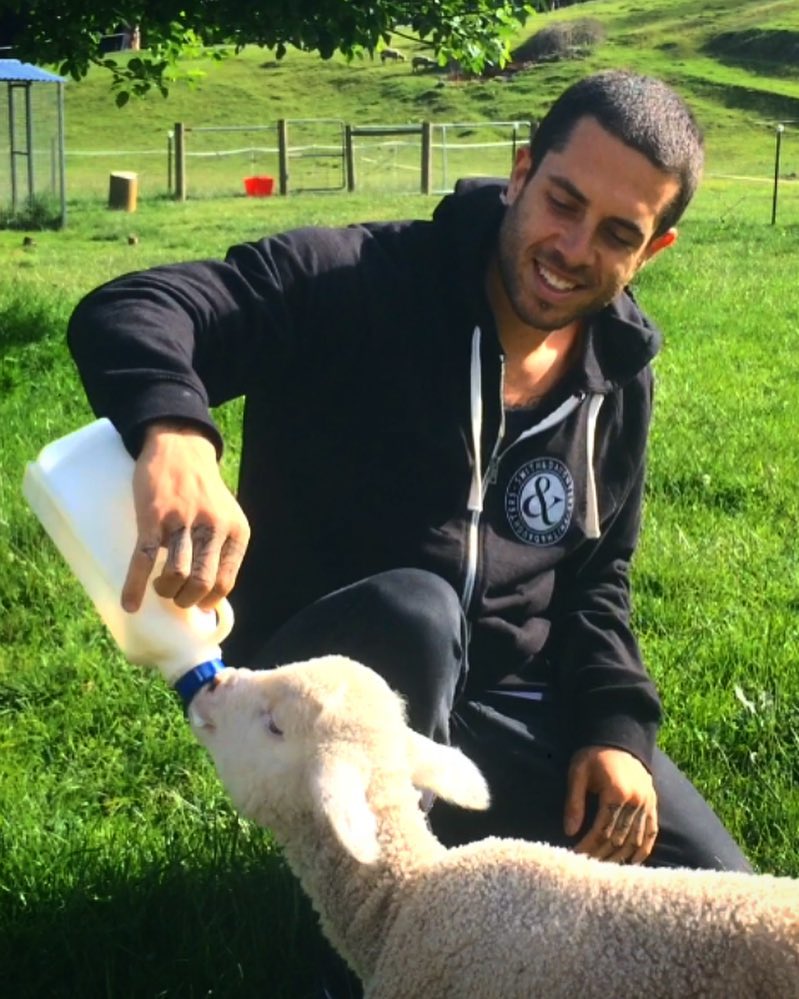
Source: https://www.facebook.com/jamesaspeyactivism/
During his year of silence, James also accomplished the challenge to cycle 5000 kilometres from Darwin to Sydney, to prove it is possible for athletes to be vegan and maintain their fitness and strength.
He aims to break down the common chatter and associated generalisation that a vegan diet does not provide enough protein.
“It was just another stereotype I wanted to break of the weak, scrawny, ‘sniffily’ vegan,” he says.
“I wanted to show people that you can do athletic things as a vegan.
It’s just somewhere along the way we got obsessed with obtaining protein from animal products and that’s what’s killing us and slowing us down.”
According to Accredited Sports Performance Dietitian and spokesperson for Dietitians Association of Australia, Tim McMaster, vegan athletes indeed tend to have low sources of zinc, iron, calcium and protein in their diets.
Failure to obtain the right amount of amino acids from protein-based foods could lead to muscle degradation.
“Animal based protein, so your dairy foods, your meats, your chickens, your fish, they actually contain the whole amino acids that you need.
Whereas, the plant based protein you usually find you’re missing two or three of these amino acid profiles,” he explains.
“Things like iron, you can get iron from plant-based foods but they aren’t absorbed in the body as well as animal based sources of iron.”
While he admits it is possible to live a healthy vegan lifestyle, the dietician “wouldn’t recommend it”.
Particularly if a person undertakes intense physical exercise, he advises to find mock replacements for these core nutrients.
“I think to date there aren’t that many studies, like specific studies that have been done that show any real, true benefit of someone who is on a vegan or vegetarian based diet,” he says.
“Vegan advocates are going to promote their lifestyle as the best … but the more you learn about nutrition, the more you realise that you don’t know much at all.”
But James disagrees. He believes eating animal products leads to illnesses including heart disease, cancer, diabetes and obesity. Overall he says an omnivore diet is “completely destroying our health collectively”.
“We, in fact, are far healthier without consuming animal products and likely to have less deficiencies on a vegan diet,” he says.
“All the strongest animals are eating the whole foods plant based diet.”
Vegan athlete and nutritionist Amanda Meggison is the founder of plant-based, whole food business Tarian Pantry.
A marathon runner, currently training to qualify for a one-hundred-mile race in the US, is passionate about changing people’s pantries.
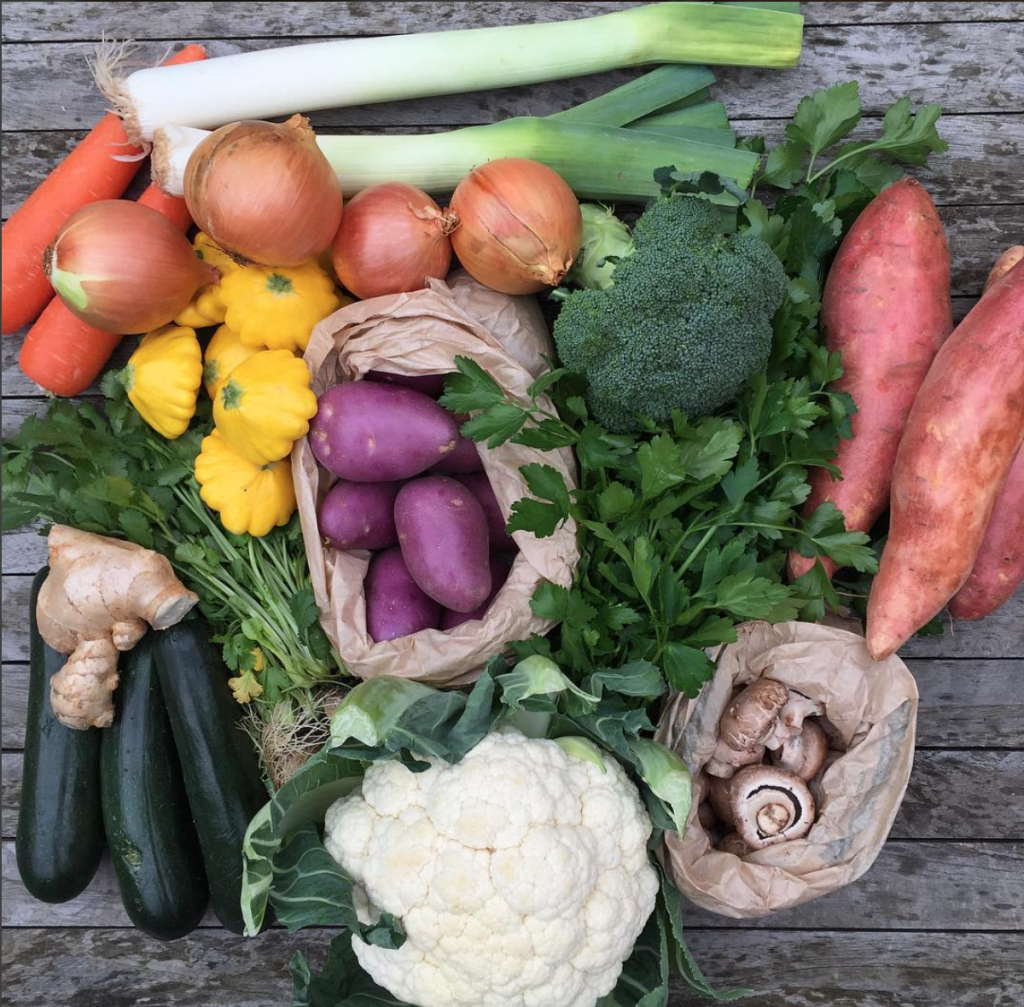
Source: https://www.instagram.com/tarianpantry/
Focused on replacing high-sugared and processed products with natural, plant-based foods, Amanda admits while not everyone suits a vegan diet, everyone can eat more plants.
“Vegan food doesn’t equal healthy or nutritious and that’s why I lean towards plant-based,” she says.
“What scares me about veganism and food sometimes, is that it’s highly processed.”
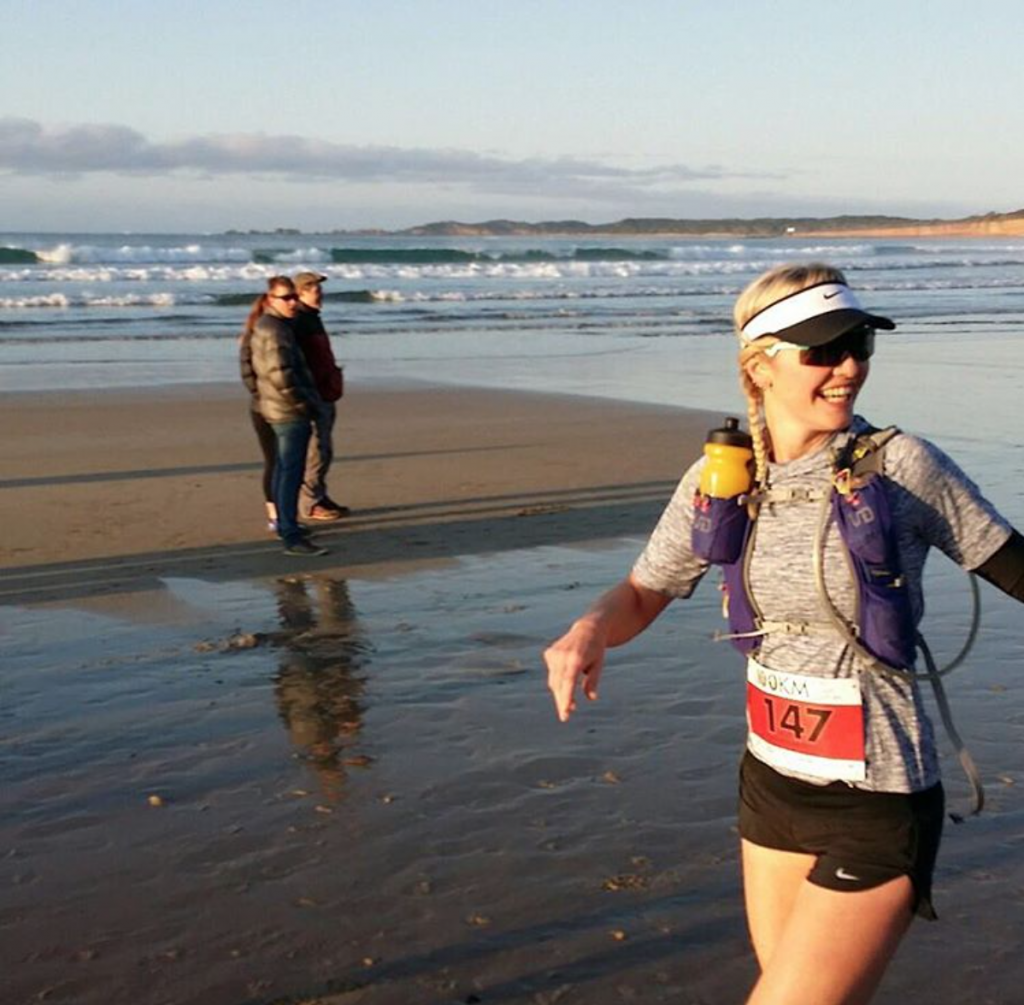
Source: https://www.instagram.com/tarianpantry/
When it comes to the protein debate, Amanda says people consume three times the amount of protein their bodies need.
The protein-obsessed chatter directed at vegan lifestyles is therefore “unwarranted in a way”.
“Protein – ok so that’s not as available as when we consume meat products, but there’s still complimentary products that we combine such as rice and beans that still bring the 20 amino acids together which our bodies need,” she says.
Sprinting towards plant power: Amanda Meggison
First published on The City Journal, October 2016.Vegan athlete and nutritionist Amanda Meggison is the founder of plant-based, whole food business Tarian Pa…
Despite people commonly thinking of slabs of steak or BBQ grill when it comes to protein, it is possible to accumulate protein from plants.
However Advanced Sports Dietitian, Alison Patterson from Sports Dietitians Australia, reminds vegans that proteins derived from plants are often quite low in the protein nutrient.
Unless vegans are consuming large quantities of protein-based plants everyday, they could become deficient. Athletes remain at risk of compromising muscle recovery, repair and growth.
“Although it’s not impossible for a professional athlete to follow a vegan diet, choosing to eliminate all animal products and still meet the nutritional goals required takes a lot of planning and a lot of attention to detail,” she says.
Despite claims of a vegan lifestyle being ‘healthier’, Alison makes it clear that a plant-based lifestyle is not more nutritionally beneficial than an omnivorous diet. If anything – it is unhealthier.
“There’s no advantage following a vegan diet for athletes and in fact, it would be more advantageous to follow more of a mixed diet to make sure you’re getting all of your nutrition.”
Imagine eating five bananas and a green smoothie for breakfast, 20 mandarins for lunch and either a large green salad, or a large fruit such as a melon, or pineapple for dinner.
While this might sound like fruit frenzy, it is the diet marathon runners Janette Murray-Wakelin and Alan Murray follow.
The couple are known as ‘raw vegans’, meaning they eat whole, unrefined, living plant-based foods, including fruit, vegetables, leafy greens, nuts and seeds in their natural state.
Both over the age of 60, the pair currently hold numerous World Records for running around the whole Australia in barefoot shoes; that is, 15,782 km – 366 marathons each, in 366 consecutive days, fuelled on a completely raw vegan diet, throughout the year 2013.
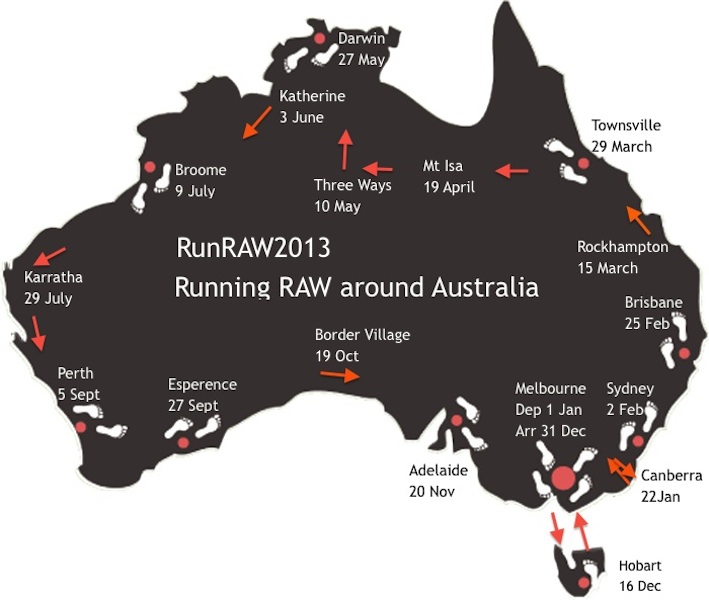
Source: http://rawveganpath.com
The raw vegan runners decided to take veganism a step further and become raw, when Janette was diagnosed with breast cancer.
According to Janette and her book Raw Can Cure Cancer, a raw vegan diet allowed her to overcome cancer, despite only given six months to live.
“I believe the most important choice one can make is to follow a raw vegan lifestyle,” she says.
“It was a combination of compassion for animals, knowledge of healthy humane practices and concern for the sustainability of the environment and the planet for future generations, which caused me to make the conscious choice.”
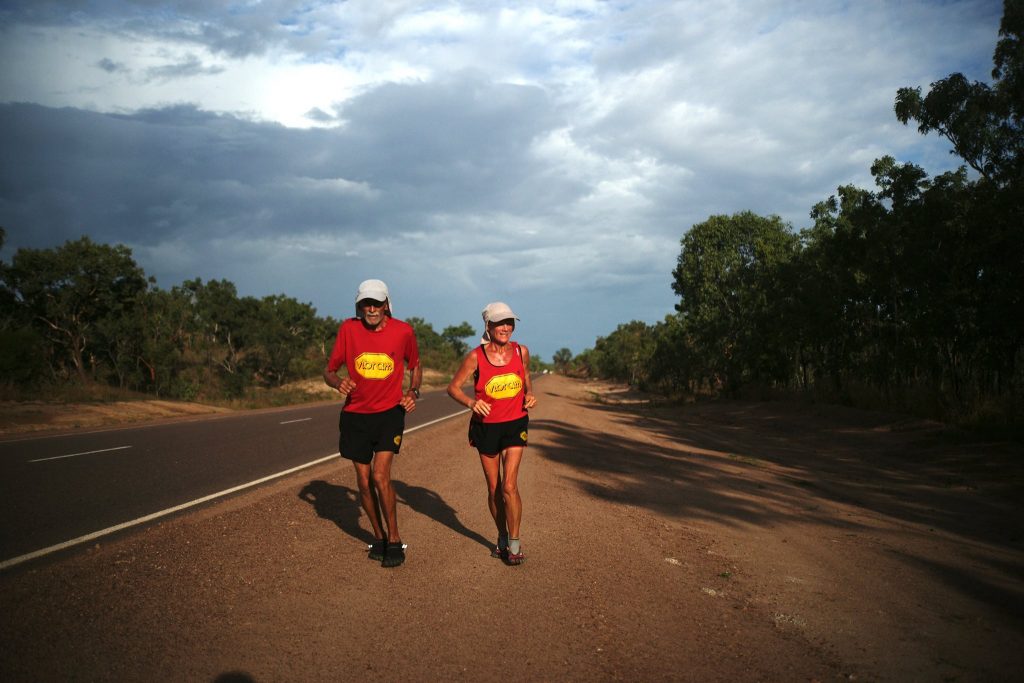
Source: https://www.facebook.com/Running-Raw-around-Australia-2013-151899708156709/photos_stream
The athletes say running around the whole Australia was much easier, compared to when they ran 2000 kilometres in New Zealand 13 years earlier, not on a raw vegan diet. Overall, they have never felt healthier.
“We had more energy and our physical performance improved throughout the 366 consecutive marathons,” Janette shares.
“There is absolutely no doubt that living a raw vegan conscious lifestyle has helped to achieve our athletic successes.”
Since running raw around our BBQ-loving country, the couple have been filming a documentary titled RAW, based on their journey, which is set to premier in December this year.
https://vimeo.com/127706427
While you might still be hung up on the fact a raw vegan can eat 20 mandarins for lunch, there is another sub-diet branch of a raw vegan diet, a lifestyle choice named ‘Raw Till 4.’
Created by Australian blogger and YouTube star ‘Freelee the Banana Girl’, the diet ‘Raw Till 4’ means consumers only eat whole, unprocessed raw vegan foods until 4pm, followed by a cooked vegan dinner in the evening. The diet recommends eating 10 bananas per day.
Raw Till 4 vegans claim they feel healthier and leaner on the diet, but nutritionists and other ex-followers have slammed the diet, saying it is literally a recipe for malnutrition.
On the Raw Till 4 Facebook page, ex-follower Barbara Peters said she had to “have more protein foods to feel well”.
Other complaints included acne breakouts, extreme hair loss and gallbladder pains.
“I find that I am losing my hair in droves and it is a little scary,” says Facebook user, Sylvie Lawrence.
Sports dietitians Tim and Alison, advise people following a vegan lifestyle to visit their GP regularly to determine whether there are nutrient deficiencies in their diet.
Despite the growing interest in veganism amongst active Aussies and people eating what it seems, a whole banana tree everyday and hundreds of mandarins a week, we still remain the meat-eating capital of the world.
So you won’t be finding any old BBQs dumped on nature strips for hard rubbish collection any time soon – just saying.

